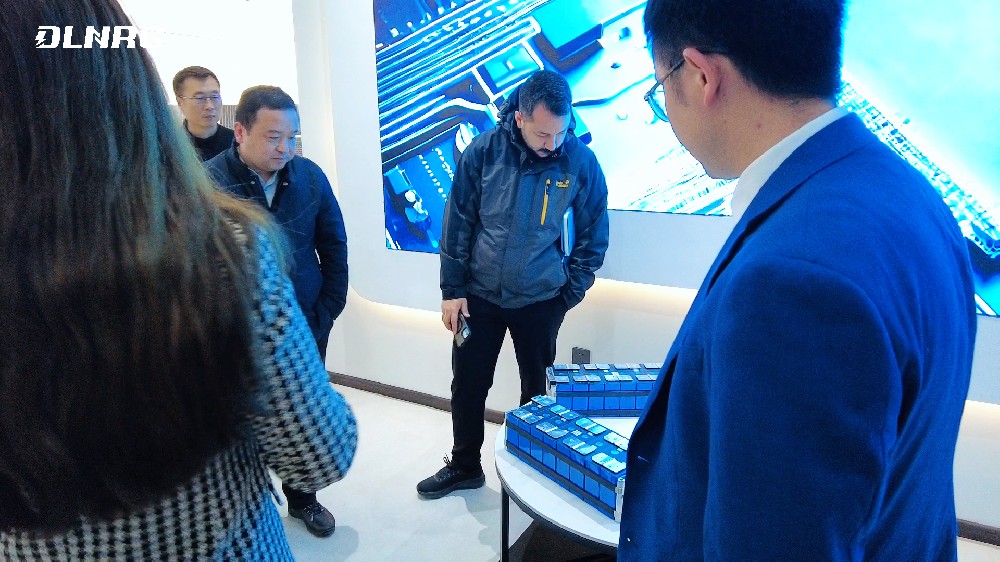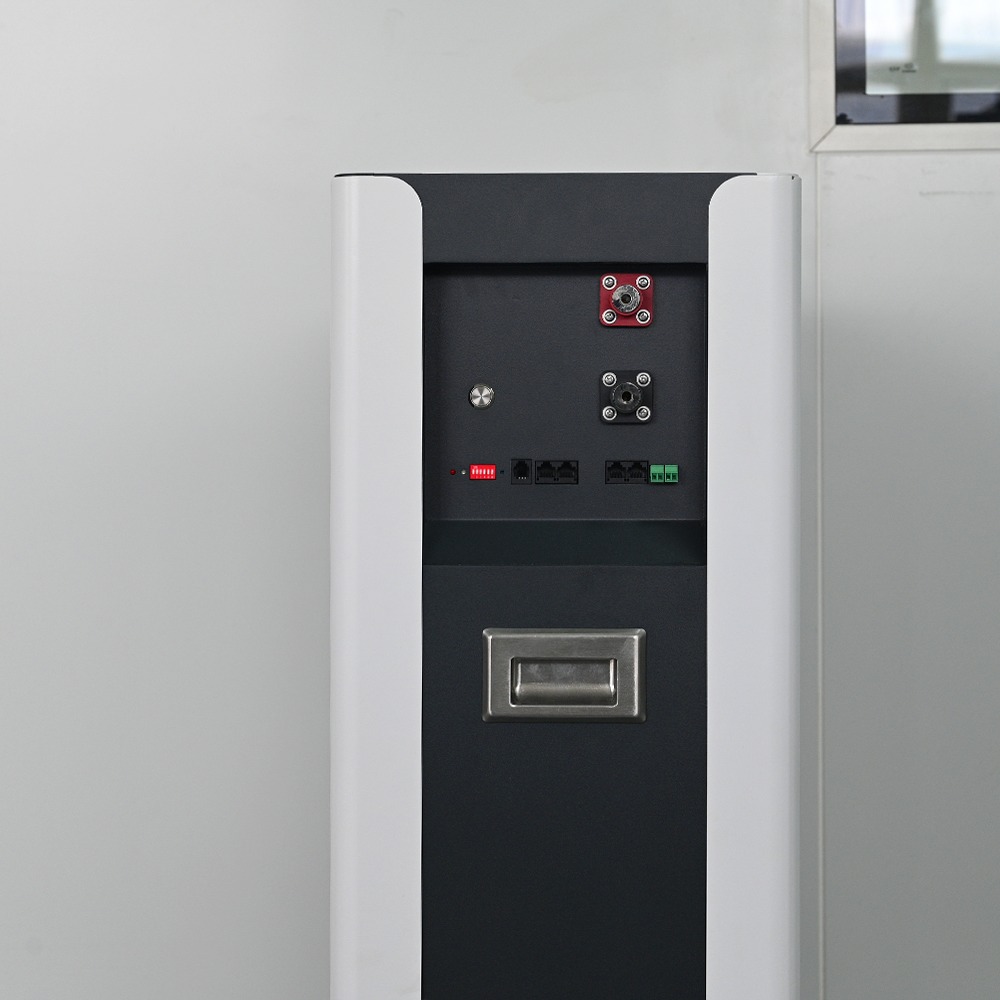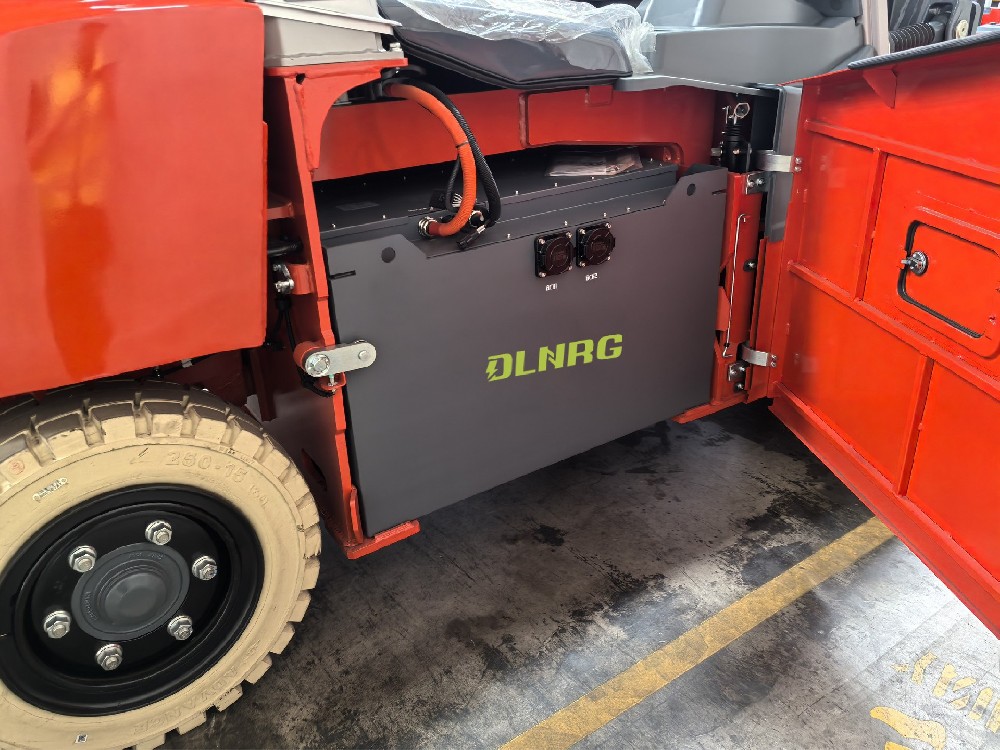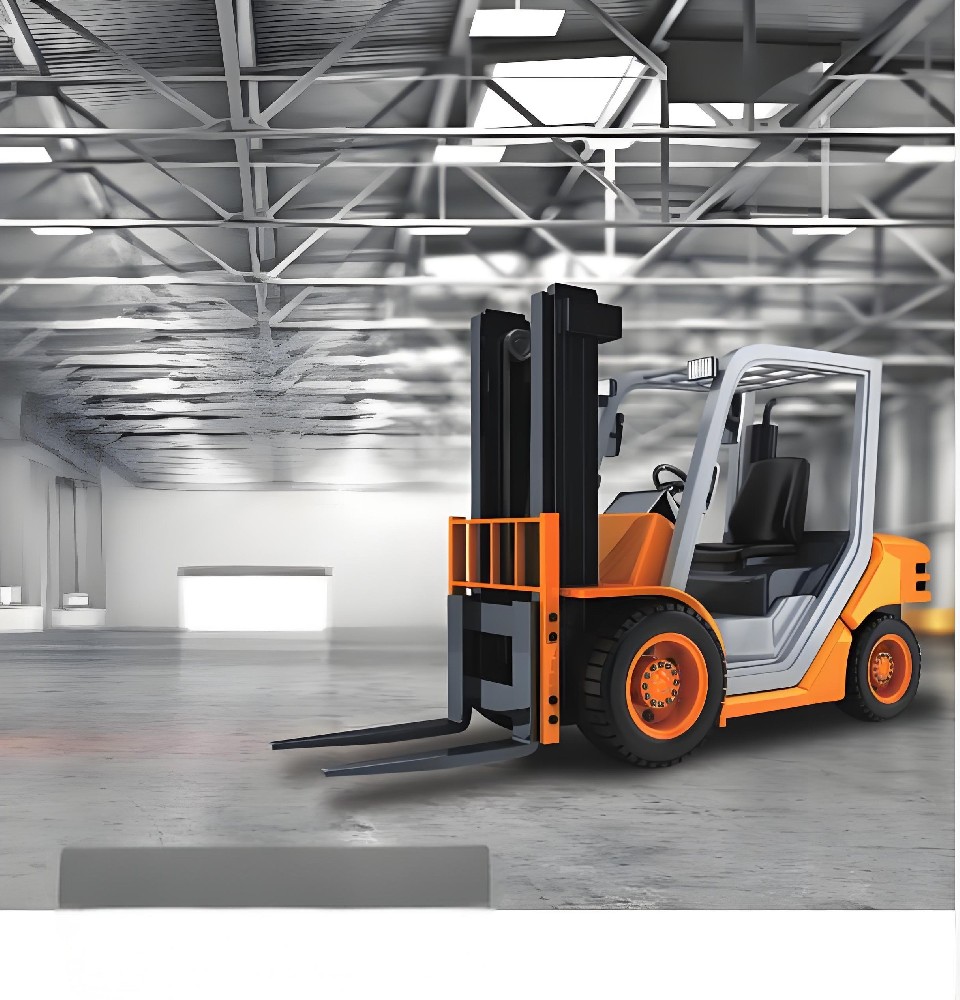Did you know that lithium-ion batteries deliver up to three times more energy than standard lead acid, Ni-Cd or Ni-MH batteries? How do they create power? Find out the answer in this simple guide.
That’s only one of the reasons why they’re being used to power leading-edge technology. Today, everything from the Nissan Leaf and Tesla Model S to the navigational system on the Boeing 787 is powered by Lithium-ion batteries.
However, don’t think they’re reserved for big equipment. You can find them in your cellphone and flashlights too.
But how does the technology work? And what place does it have in our future?
In this article we’ll explore everything you need to know about these energy sources, starting with how they work.
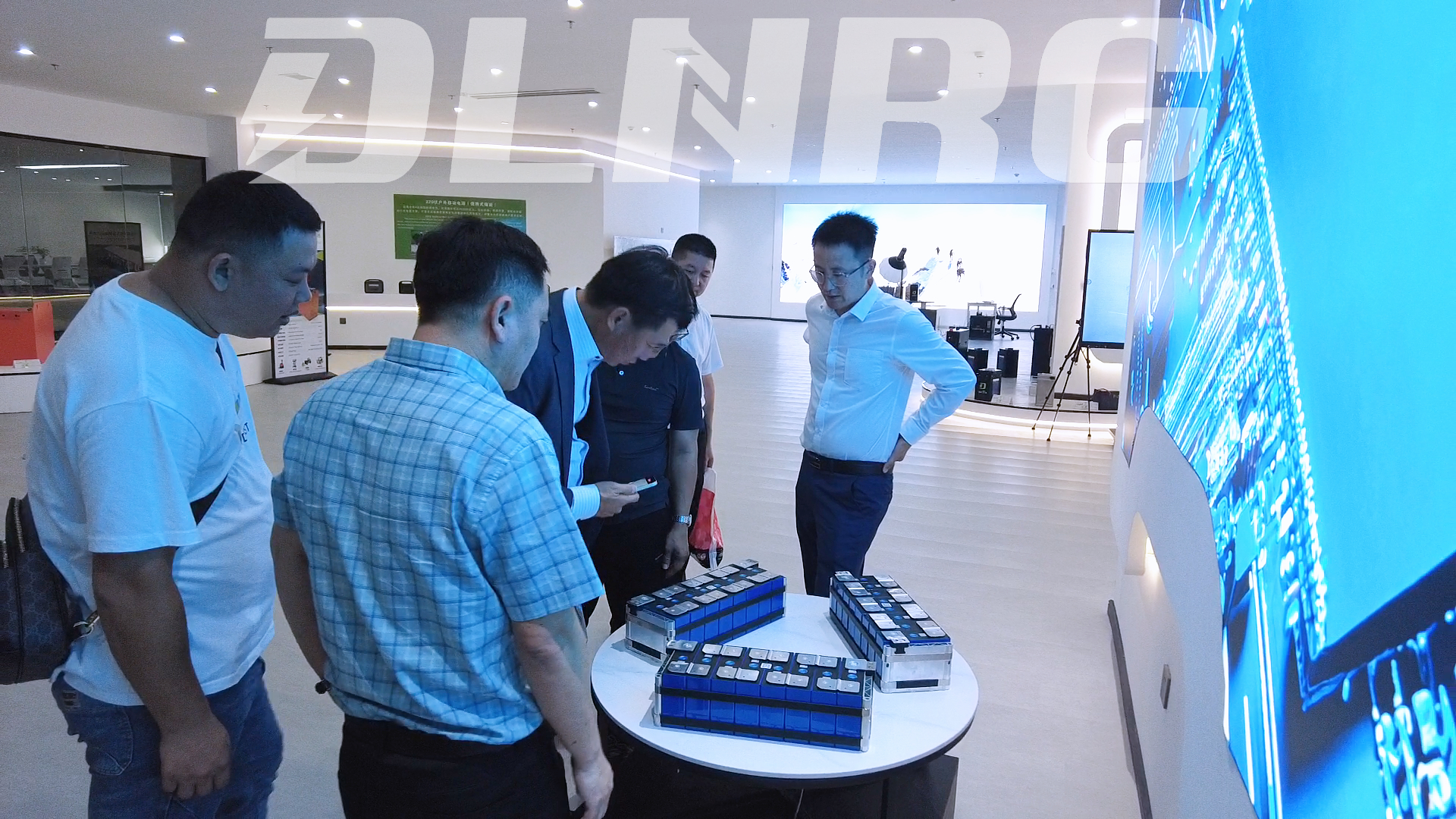
How Do Lithium-Ion Batteries Operate?
To understand how lithium-ion energy works you first need to understand the different parts that make up the battery.
Six parts make up a lithium-ion battery; each takes an important role in the cycle of energy that takes place. The parts include:
Anode — stores Lithium and releases ions when discharging
Cathode — stores Lithium and releases ions when charging
Separator — allows the Lithium-ion to go from the anode to the cathode; blocks the flow of electrons
Electrolyte — the liquid substance that transports the ions
Positive current collector — receives electrons during discharging
Negative current collector — receives electrons during charging
When the battery engages the lithium atoms in the anode are ionized. This process causes them to separate from their electrons and move from the anode to the cathode. They travel in electrolytes and pass through the separator.
This movement causes the formation of free electrons, which then creates a charge in the positive current collector. The charge is then sent to whatever energy source it’s powering — laptops, cars, or trucks.
The electrons are then sent to the negative current collector.
What Are Lithium-Ion Batteries Used For?
Today, Lithium-ion batteries are used in a variety of industries and products. We can expect them to continue to spread and develop into many different future technologies. Here are some of the popular current uses.
Mobile Devices
One popular use is portable gadgets — things like laptops, phones or flashlights. Thanks to the lightweight nature they are incredibly mobile, which makes them convenient to carry around.
Back-up Power Supplies
They’re also utilized in industries that require emergency backup power, like hospitals or data centers. These types of facilities require uninterrupted energy supplies that can stay on in the event of power failure.
Electric Vehicles
The auto industry has taken a special interest in lithium-ion batteries since they work well in electric vehicles. Part of this is because they can store massive amounts of energy and be recharged plenty of times.
Lithium-ion batteries are also ideal for lift trucks. Unlike lead batteries, you don’t need to keep a spare charged battery and change them during shifts. Just one battery is enough! Plus, there’s no threat of acid spills or inhalation.
Personal-Powered Devices
Individuals with disabilities that require scooters, bikes, or electric wheelchairs should consider products with lithium-ion batteries in them.
The batteries are much safer for them. The cadmium and lead material in traditional batteries can cause further health issues to susceptible individuals who require these devices.
Marine Vehicles
Some batteries are also being used in marine vehicles — both powering the engine and the many devices onboard. This use is better for the environment since it reduces the likelihood of gasoline or lead entering the water.
What Are Some of The Benefits Offered By Lithium-Ion Batteries?
We’ve shown that lithium-ion batteries deliver up to three times more energy than traditional lead batteries. But what are some other reasons you might consider switching over? Here are three more big benefits that come along with the products.
Safer For The Environment
Lithium-ion batteries are better for the environment when you compare them to the lead batteries traditionally used for motive power. Lead batteries are large and ineffective — they require six times the amount of space to store the same amount of energy as a Lithium-ion battery.
Li-ion batteries also reduce your overall carbon footprint since they last much longer than lead batteries and use less energy to recharge. Lithium-ion products also don’t contain dangerous material like cadmium and lead. If you want to explore more about switching from lead batteries to lithium-ion batteries,Please continue to follow the website or leave a message.
Cutting Edge Technology
Another benefit of lithium-ion technology is the fact that it’s involved in a rapidly expanding market. As we mentioned, it’s already being used on popular electric car models. But, it is also continually in development.
The result is innovations like battery management systems that optimize data through telemetry. Wireless capabilities and remote troubleshooting functions are also new and useful features.
More Affordable Cost
While lithium-ion batteries may cost more than traditional batteries, it’s important to keep in mind that you save money in other areas. For one thing, they last roughly three times longer than traditional batteries.
And during the time that they’re alive, they also use less energy. This feature helps cut down on your energy bill.
When you use Li-ion batteries in a material handling business, they also help create more space for the material. There is no need for a battery room, no daily mainetance and since these batteries are smaller, so are the machines that they power for the same job!
Need Lithium-Ion Batteries For Your Industrial Electric Trucks? Contact DLNRG
If you’re in the material handling business, then you should seriously consider looking into Lithium-ion batteries.
Not only does this business decision save you money and increase the energy output of your equipment — but it also helps the environment.
But who can you trust to deliver these battery systems? The answer: DLNRG
We carry over 550 different types of lithium-ion batteries — from lift trucks to sweepers and scrubbers. But we don’t just sell products — we also offer educational and support resources. If you’ve got any questions, then make sure to contact us through this link here.
